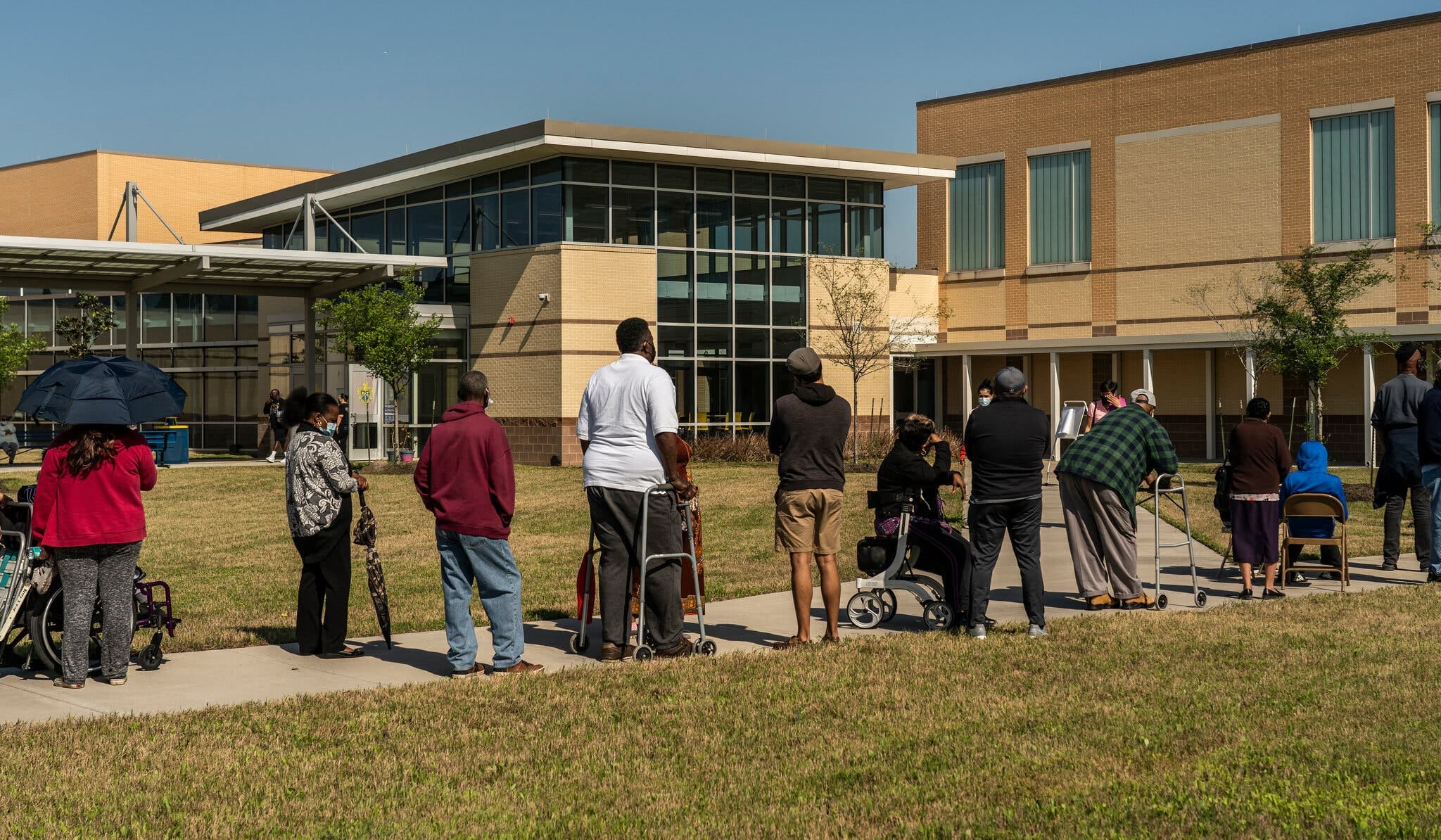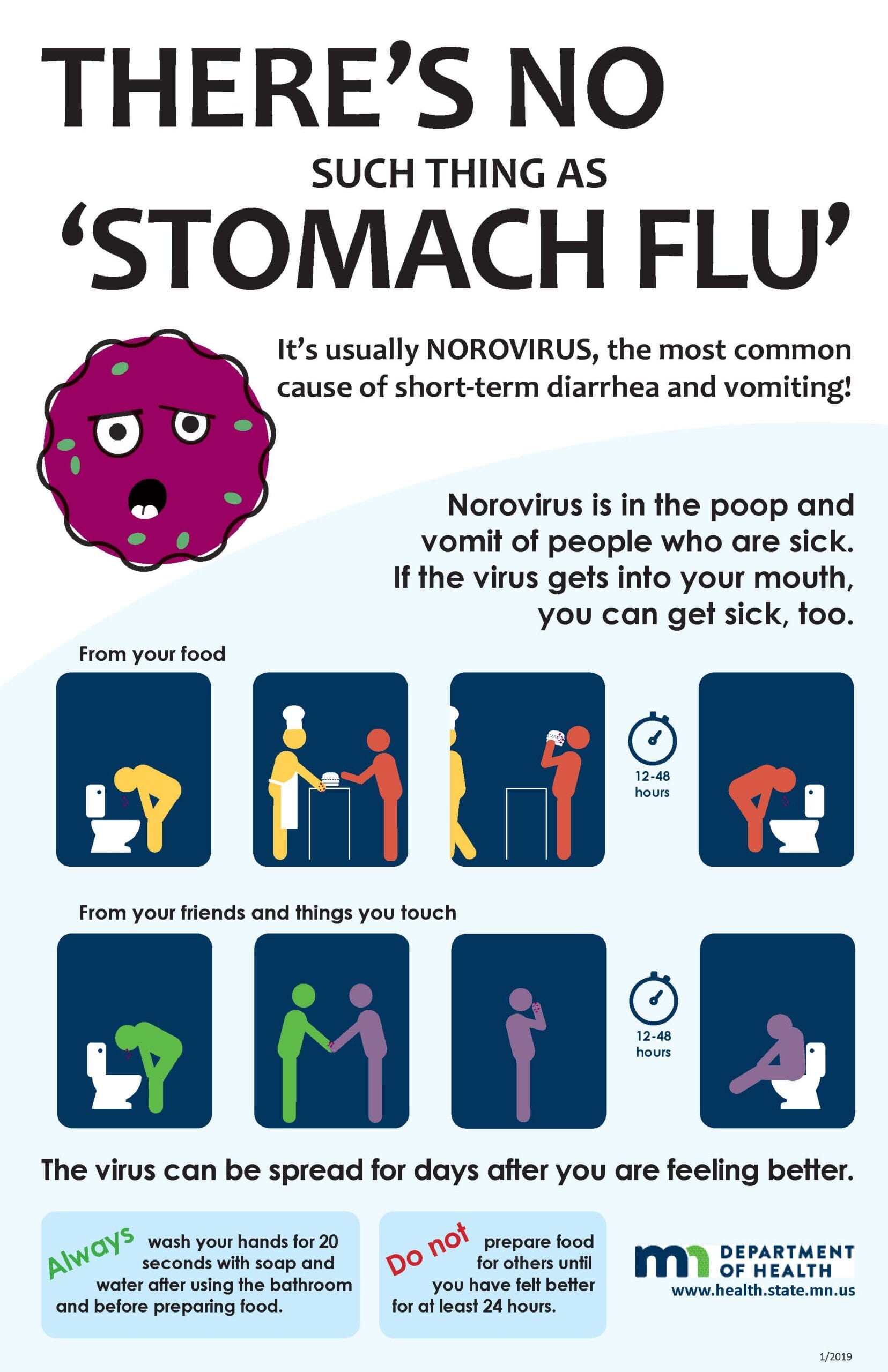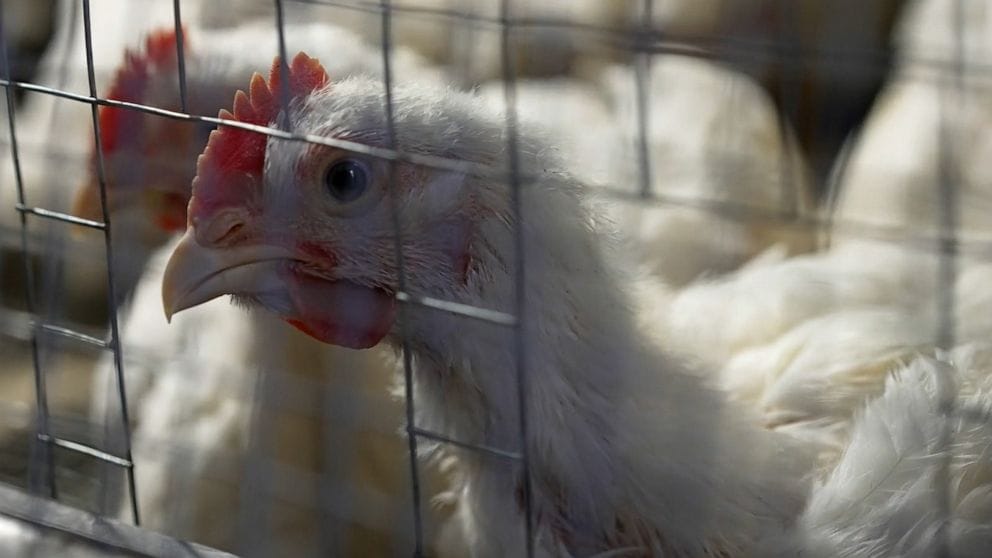Measles, a highly contagious viral infection, is experiencing a resurgence in West Texas, particularly in counties that report low vaccination rates. According to recent data from the Texas Department of State Health Services, several cases have emerged in regions where the uptake of the measles, mumps, and rubella (MMR) vaccine is notably below the national average. The outbreak has drawn attention from health officials who are alarmed by the potential implications for public health, especially in communities with vulnerable populations.
Measles is easily transmitted through respiratory droplets, making it crucial for vaccination coverage to be high to establish herd immunity. Public health experts recommend that at least 95% of children receive their MMR vaccinations to effectively prevent outbreaks. However, some areas in West Texas report immunization rates below this threshold, posing significant risks not only to unvaccinated individuals but also to those who cannot be vaccinated for medical reasons.
The recent outbreaks began to surface in several counties where community resistance to vaccinations has been noted. The ongoing debate around vaccination has led to a decline in immunization rates in certain demographics, fueled by misinformation and misconceptions regarding vaccine safety. Health authorities stress that the MMR vaccine is safe and effective, providing robust protection against measles and its complications.
Measles symptoms typically appear about 10 to 14 days after exposure and include high fever, cough, runny nose, and a distinctive rash that usually starts on the face and spreads to the rest of the body. Severe complications can arise from the infection, such as pneumonia, encephalitis, and in some cases, death. The importance of prompt vaccination in protecting not only individual health but also community health is paramount.
In response to the outbreak, local health departments are ramping up their vaccination drives and public awareness campaigns. Clinics are offering extended hours, and outreach programs are being initiated to educate parents about the importance of vaccines for their children. Health officials are also working closely with schools, childcare centers, and community organizations to disseminate information about the risks of measles and the benefits of immunization.
Community engagement is critical in addressing the concerns surrounding vaccinations. Dialogue between healthcare providers and families can help dispel myths and confirm the importance of vaccination. Public forums and informational sessions have been organized to provide accurate information about vaccine safety, efficacy, and the risks associated with not vaccinating children. Additionally, local leaders and influencers within these communities are being encouraged to advocate for vaccination as a vital health priority.
Despite these efforts, challenges remain. Resistance to vaccination is often rooted in personal beliefs, cultural practices, and misinformation. It is essential to continue providing factual, science-based information while respecting individual concerns. Building trust and understanding on both sides can foster a more conducive environment for discussions surrounding vaccination.
The Texas Department of State Health Services is monitoring the outbreak closely, and steps are being taken to ensure that healthcare systems have the resources necessary to manage and respond to the increase in measles cases. Laboratory testing is being conducted to confirm cases and trace vaccine coverage among affected populations. Preventative measures such as quarantine of infected individuals and post-exposure prophylaxis for those who have been in close contact with infected persons are also being implemented.
Moreover, the outbreak in West Texas serves as a reminder of the global nature of vaccine-preventable diseases. Measles, once declared eliminated in the United States, is still a significant threat in areas with lower vaccination rates. International travel and migration can facilitate the spread of the virus, underscoring the necessity for widespread vaccination coverage both domestically and abroad.
The situation demands urgent attention and action from various sectors, including public health officials, healthcare providers, and community leaders. As vaccination efforts increase and awareness campaigns spread, health authorities remain hopeful that the current outbreak can be contained and that vaccination rates will rise in the affected areas. The path to recovery and prevention lies in increasing public understanding of the crucial role vaccinations play in safeguarding community health and preventing future outbreaks.
As the community rallies to address the resurgence of measles, it is imperative for families to consult with their healthcare providers about vaccination schedules and to participate in efforts to protect public health. Only through collective action and commitment to vaccination can the threat of measles be effectively mitigated and ultimately eliminated.



